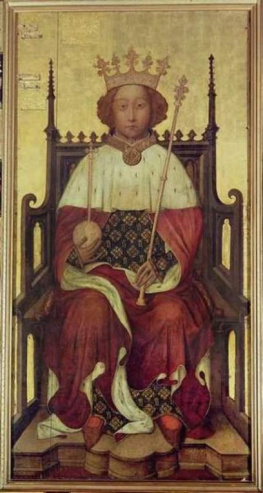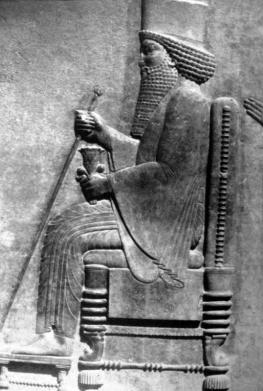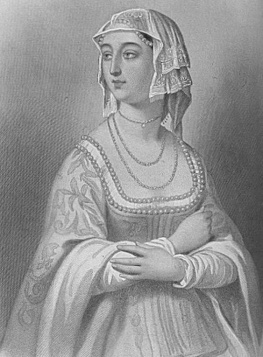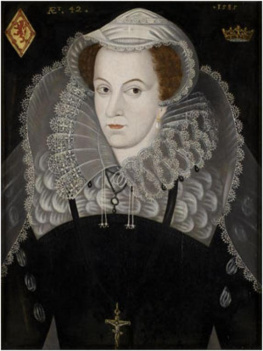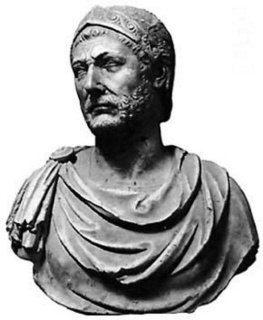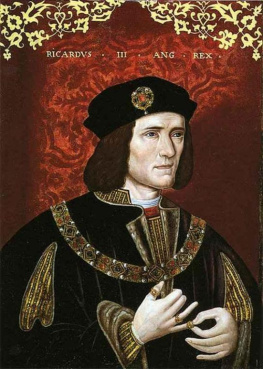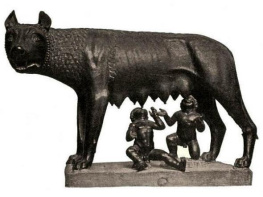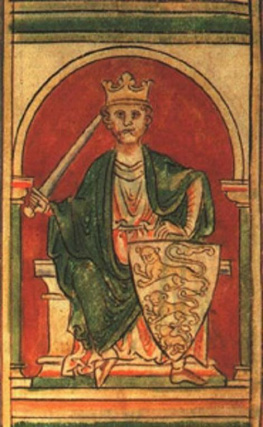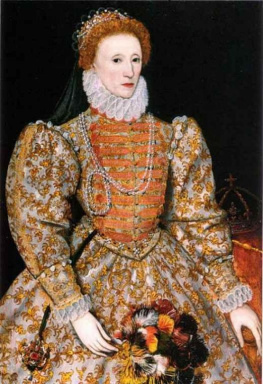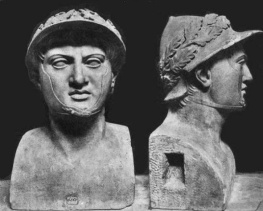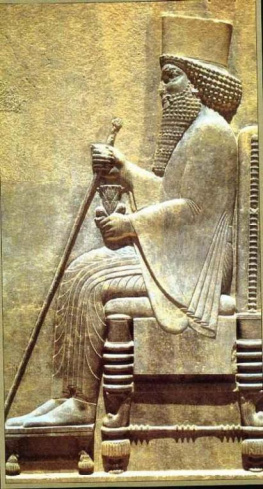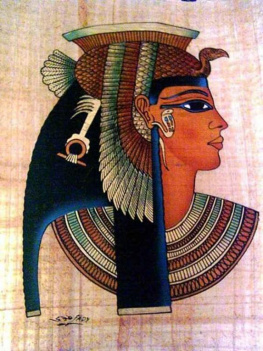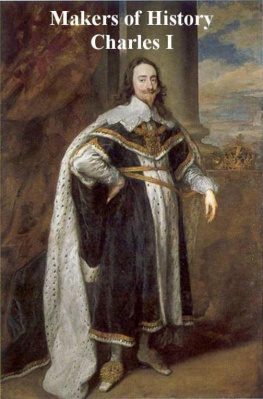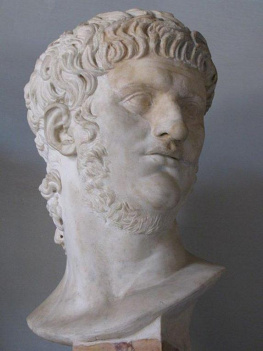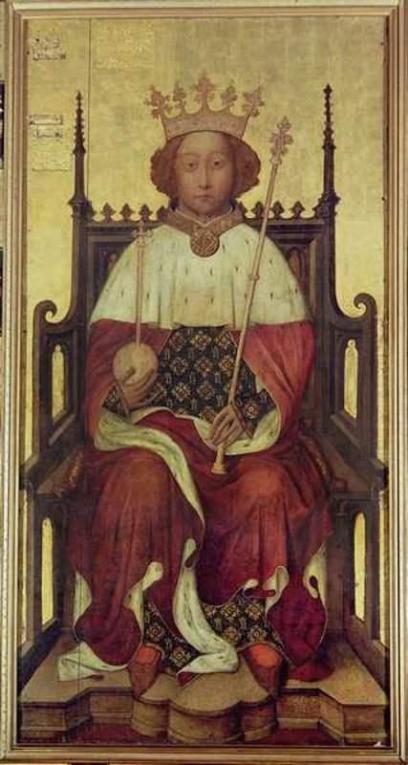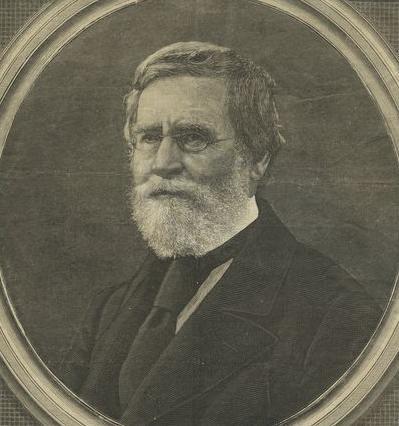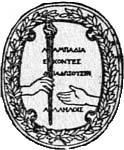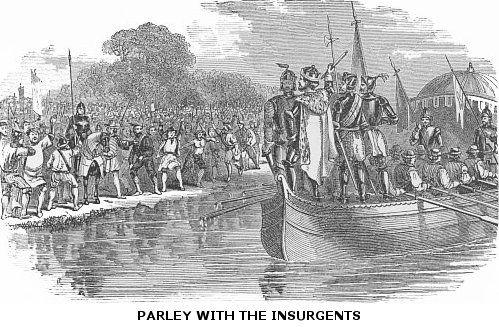Makers of History
Richard II.
by
JACOB ABBOTT
WITH ENGRAVINGS
NEW YORK AND LONDON
HARPER & BROTHERS PUBLISHERS
1901
Entered, according to Act of Congress, in the year one thousand eight
hundred and fifty-eight, by
HARPER & BROTHERS,
in the Clerks office of the District Court of the Southern District
of New York.
Copyright, 1886, by BENJAMIN VAUGHAN ABBOTT, AUSTIN ABBOTT, LYMAN
ABBOTT, and EDWARD ABBOTT.
Table of Contents
ENGRAVINGS.
PREFACE.
King Richard the Second lived in the days when the chivalry of feudal times was in all its glory. His father, the Black Prince; his uncles, the sons of Edward the Third, and his ancestors in a long line, extending back to the days of Richard the First, were among the most illustrious knights of Europe in those days, and their history abounds in the wonderful exploits, the narrow escapes, and the romantic adventures, for which the knights errant of the Middle Ages were so renowned. This volume takes up the story of English history at the death of Richard the First, and continues it to the time of the deposition and death of Richard the Second, with a view of presenting as complete a picture as is possible, within such limits, of the ideas and principles, the manners and customs, and the extraordinary military undertakings and exploits of that wonderful age.
CHAPTER I. RICHARDS PREDECESSORS .
There have been three monarchs of the name of Richard upon the English throne.
Richard I. is known and celebrated in history as Richard the Crusader. He was the sovereign ruler not only of England, but of all the Norman part of France, and from both of his dominions he raised a vast army, and went with it to the Holy Land, where he fought many years against the Saracens with a view of rescuing Jerusalem and the other holy places there from the dominion of unbelievers. He met with a great many remarkable adventures in going to the Holy Land, and with still more remarkable ones on his return home, all of which are fully related in the volume of this series entitled King Richard I.
Richard II. did not succeed Richard I. immediately. Several reigns intervened. The monarch who immediately succeeded Richard I. was John. John was Richards brother, and had been left in command, in England, as regent, during the kings absence in the Holy Land.
After John came Henry III. and the three Edwards; and when the third Edward died, his son Richard II. was heir to the throne. He was, however, too young at that time to reign, for he was only ten years old.
The kings in these days were wild and turbulent men, always engaged in wars with each other and with their nobles, while all the industrial classes were greatly depressed. The nobles lived in strong castles in various places about the country, and owned, or claimed to own, very large estates, which the laboring men were compelled to cultivate for them. Some of these castles still remain in a habitable state, but most of them are now in ruinsand very curious objects the ruins are to see.
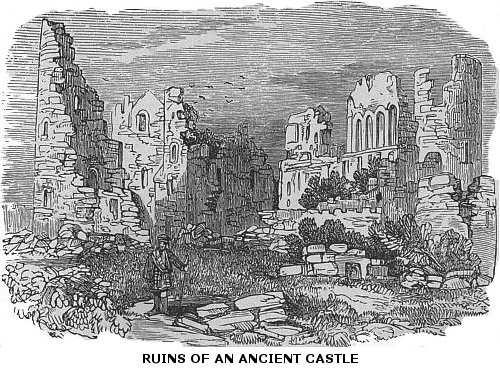
The kings held their kingdoms very much as the nobles did their estatesthey considered them theirs by right. And the people generally thought so too. The king had a right , as they imagined, to live in luxury and splendor, and to lord it over the country, and compel the mass of the people to pay him nearly all their earnings in rent and taxes, and to raise armies, whenever he commanded them, to go and fight for him in his quarrels with his neighbors, because his father had done these things before him. And what right had his father to do these things? Why, because his father had done them before him. Very well; but to go back to the beginning. What right had the first man to assume this power, and how did he get possession of it? This was a question that nobody could answer, for nobody knew then, and nobody knows now, who were the original founders of these noble families, or by what means they first came into power. People did not know how to read and write in the days when kings first began to reign, and so no records ere made, and no accounts kept of public transactions; and when at length the countries of Europe in the Middle Ages began to emerge somewhat into the light of civilization, these royal and noble families were found every where established. The whole territory of Europe was divided into a great number of kingdoms, principalities, dukedoms, and other such sovereignties, over each of which some ancient family was established in supreme and almost despotic power. Nobody knew how they originally came by their power.
The people generally submitted to this power very willingly. In the first place, they had a sort of blind veneration for it on account of its ancient and established character. Then they were always taught from infancy that kings had a right to reign, and nobles a right to their estates, and that to toil all their lives, and allow their kings and nobles to take, in rent and taxes, and in other such ways, every thing that they, the people, earned, except what was barely sufficient for their subsistence, was an obligation which the God of nature had imposed upon them, and that it would be a sin in them not to submit to it; whereas nothing can be more plain than that the God of nature intends the earth for man , and that consequently society ought to be so organized that in each generation every man can enjoy something at least like his fair share of the products of it, in proportion to the degree of industry or skill which he brings to bear upon the work of developing these products.
There was another consideration which made the common people more inclined to submit to these hereditary kings and nobles than we should have supposed they would have been, and that is, the government which they exercised was really, in many respects, of great benefit to the community. They preserved order as far as they could, and punished crimes. If bands of robbers were formed, the nobles or the king sent out a troop to put them down. If a thief broke into a house and stole what he found there, the government sent officers to pursue and arrest him, and then shut him up in jail. If a murder was committed, they would seize the murderer and hang him. It was their interest to do this, for if they allowed the people to be robbed and plundered, or to live all the time in fear of violence, then it is plain that the cultivation of the earth could not go on, and the rents and the taxes could not be paid. So these governments established courts, and made laws, and appointed officers to execute them, in order to protect the lives and property of their subjects from all common thieves and murderers, and the people were taught to believe that there was no other way by which their protection could be secured except by the power of the kings. We must be contented as we are, they said to themselves, and be willing to go and fight the kings battles, and to pay to him and to the nobles nearly every thing that we can earn, or else society will be thrown into confusion, and the whole land will be full of thieves and murderers.

